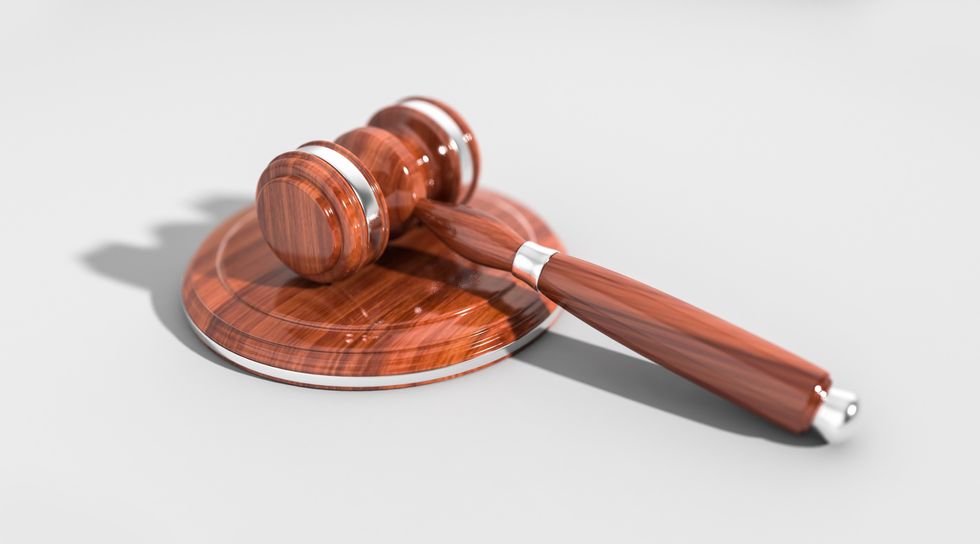In a letter addressed to President Donald Trump on June 27, Supreme Court Associate Justice Anthony Kennedy has announced his resignation from his long-held Court Justice post. This decision was announced Wednesday morning and will come into effect on July 31. Kennedy, age 81, went to Harvard Law School and was nominated to the Supreme Court by President Ronald Reagan in 1987. He was sworn into the office on February 18, 1988.
Voters on both sides of the political spectrum should mark this goodbye in a bittersweet way. Though Kennedy was nominated by a Republican President, he held strong libertarian beliefs and had been known to be one of the wildest swing-votes on the court. He had been known to look at each case individually and not be ruled by a singular rigid political ideology. During his thirty years on the court, Kennedy has been the deciding vote in many important and controversial rulings, such as his belief of constitutional rights for homosexual marriages, which he has moderately supported since his nomination.
Though Kennedy voted in the year 2000 to ban homosexual scout leaders from the Boy Scouts, in 2015 Kennedy was the deciding vote in the majority ruling of the Obergefell v. Hodges case, which called for the nationwide legality of gay marriage. Despite being moderately progressive in social issues, Kennedy found favor with the Republicans of the court at times as well, such as his June 2008 decision to join the majority vote in the District of Columbia v. Heller case, which repealed the ban on handguns in Washington DC.
With his resignation announced, Kennedy has made the ever-present political tension in the capital even more pronounced. President Trump says he spoke with Kennedy half an hour before his official resignation was made aware to the public, and that the retiring Associate Justice had made recommendations as to possible successors for his job. Kennedy's resignation will allow President Trump to appoint an official to the highest US court for the second time in his presidency, following his 2016 elevation of Court Justice Neil Gorsuch. This is worrisome to the Democrats in Washington because whomever Trump appoints will undoubtedly fall much further on the Republican side than the ideologically-neutral Kennedy, giving the Republican Court Justices a majority over the Democrats.
The search for Kennedy's replacement is set to begin immediately following the July 31 retirement of the Court Justice. President Trump reportedly already possesses a list of 25 contenders from which he will choose. After speaking with Kennedy, Trump called Kennedy a "spectacular man" and voiced his desire to appoint a Justice as "outstanding" as Kennedy had been.






















